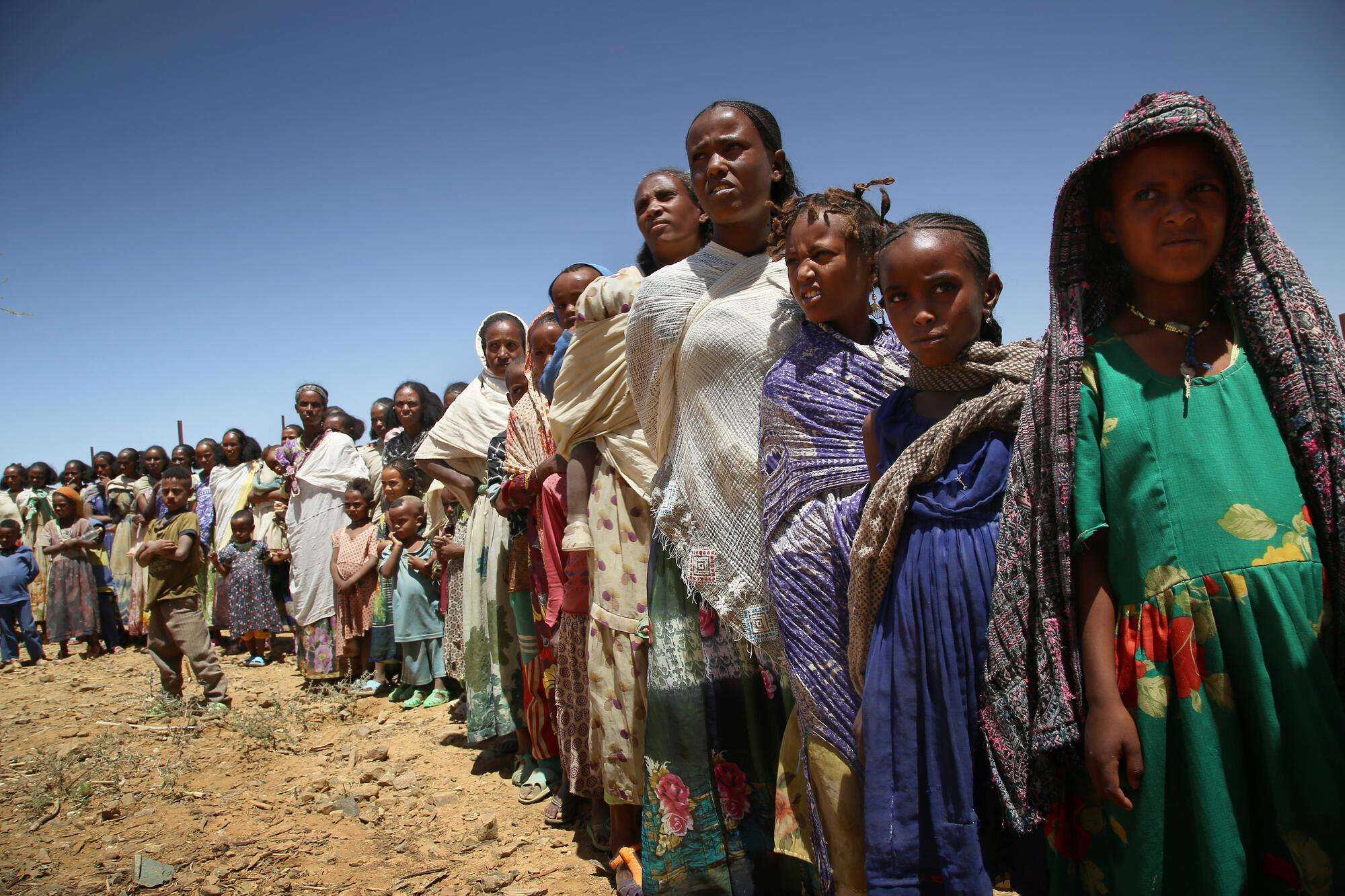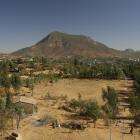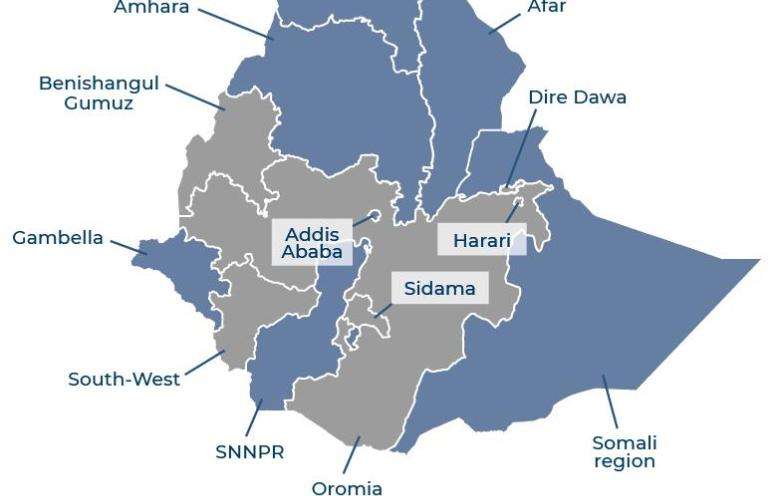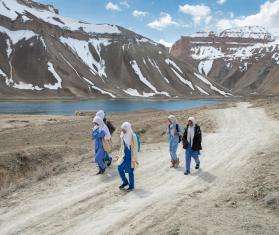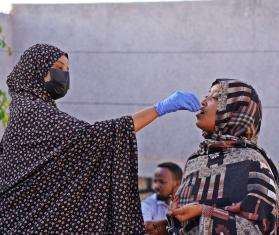Throughout the year, our teams in SNNPR ran mobile clinics, and later, when the conflict subsided, we rehabilitated and supported health facilities.
In July, we reopened our project in Abdurafi, Amhara region, offering treatment for kala azar, a deadly tropical disease, and snakebites.
In northern and eastern Amhara, and northern Afar, we provided health care in conflict-affected communities through mobile clinics. We also donated medical supplies and rehabilitated looted and damaged health facilities. People we met described immense suffering, recounting personal stories of extreme violence, loss of livelihoods, homes and lands, and constant fear.
In November, we restarted our response in northwestern Tigray, supporting two health care facilities and running mobile clinics in rural areas, where health facilities and water infrastructure had been damaged or destroyed.
MSF continues to call for accountability for the death of our colleagues
OnJune 24, 2021, our colleagues María Hernández Matas, Tedros Gebremariam Gebremichael, and Yohannes Halefom Reda were brutally and intentionally killed in Tigray, while clearly identified as humanitarian workers. After extensive engagement with the Ethiopian authorities, we still do not have any credible answers regarding what happened to our colleagues. MSF will keep pursuing accountability for this incident, with the hope that this will help improve the safety of humanitarian workers in Ethiopia.
